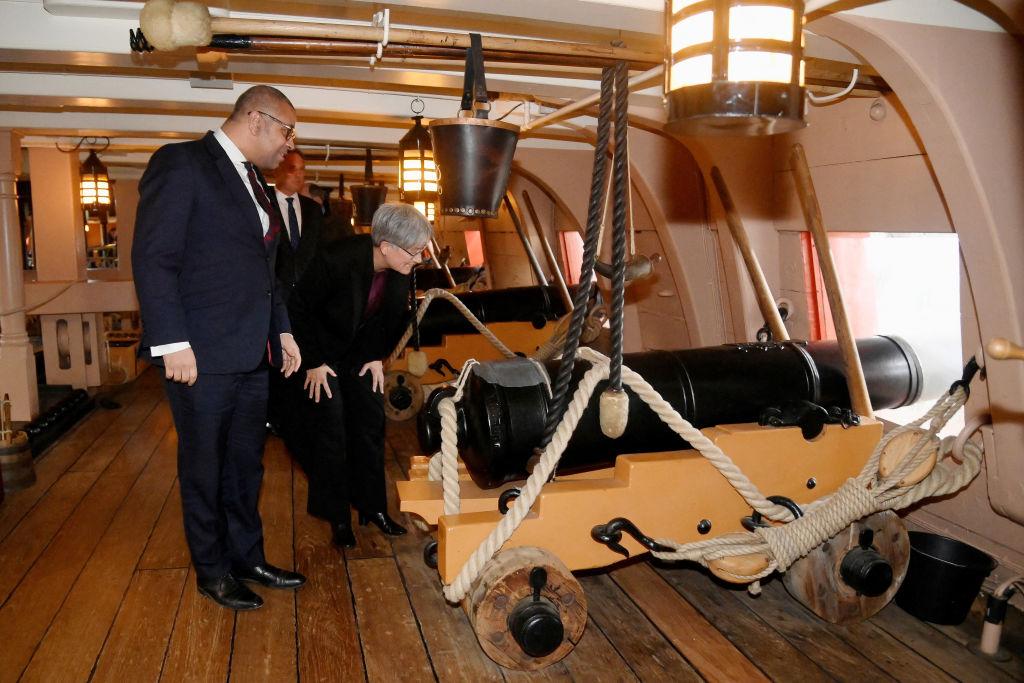Commentary
Australia’s Foreign Minister Penny Wong has discovered that while playing the colonial guilt card might work well with left-wing audiences, the use of such finger-wagging on the international stage may be a diplomatic failure.

Australia’s Foreign Minister Penny Wong has discovered that while playing the colonial guilt card might work well with left-wing audiences, the use of such finger-wagging on the international stage may be a diplomatic failure.